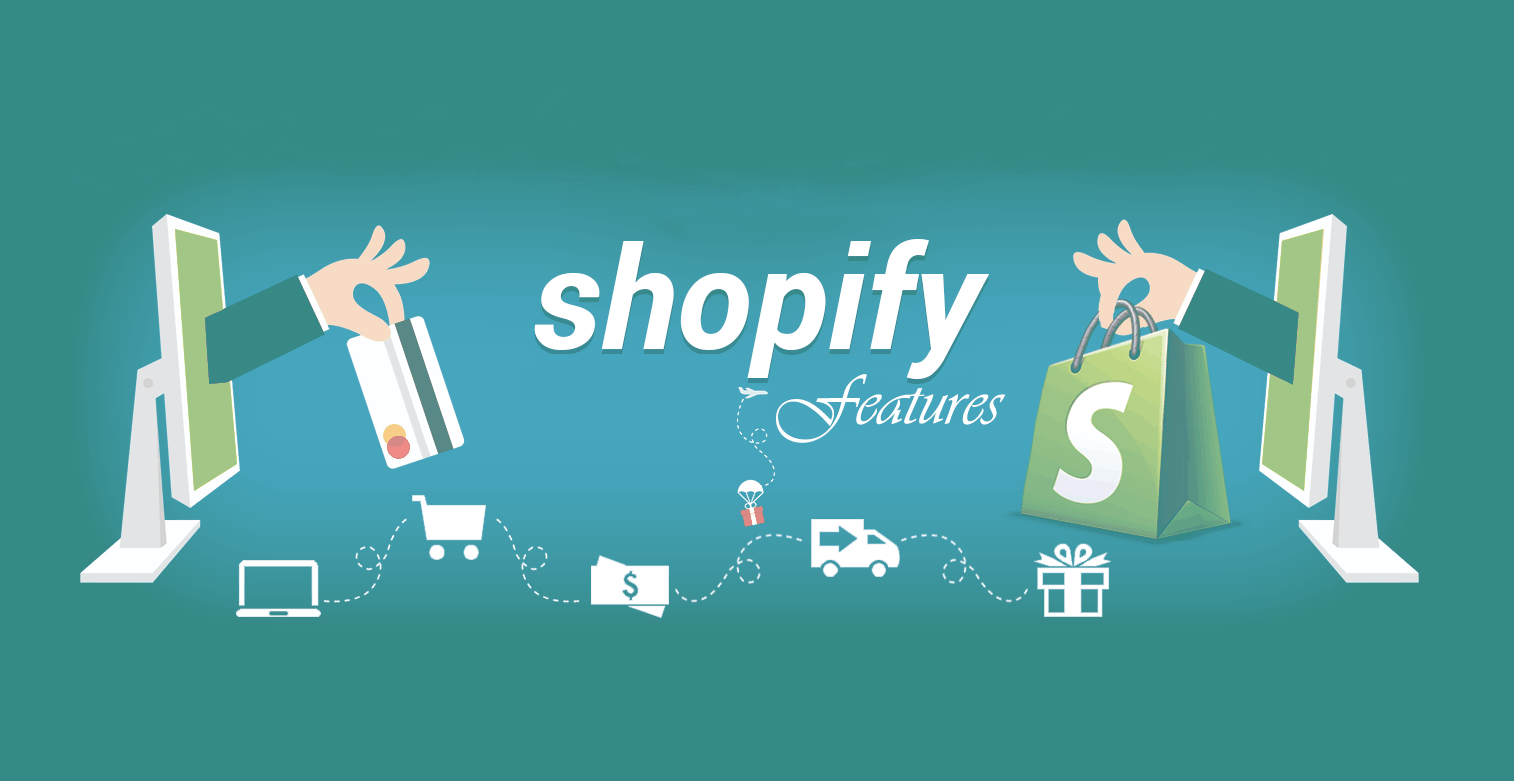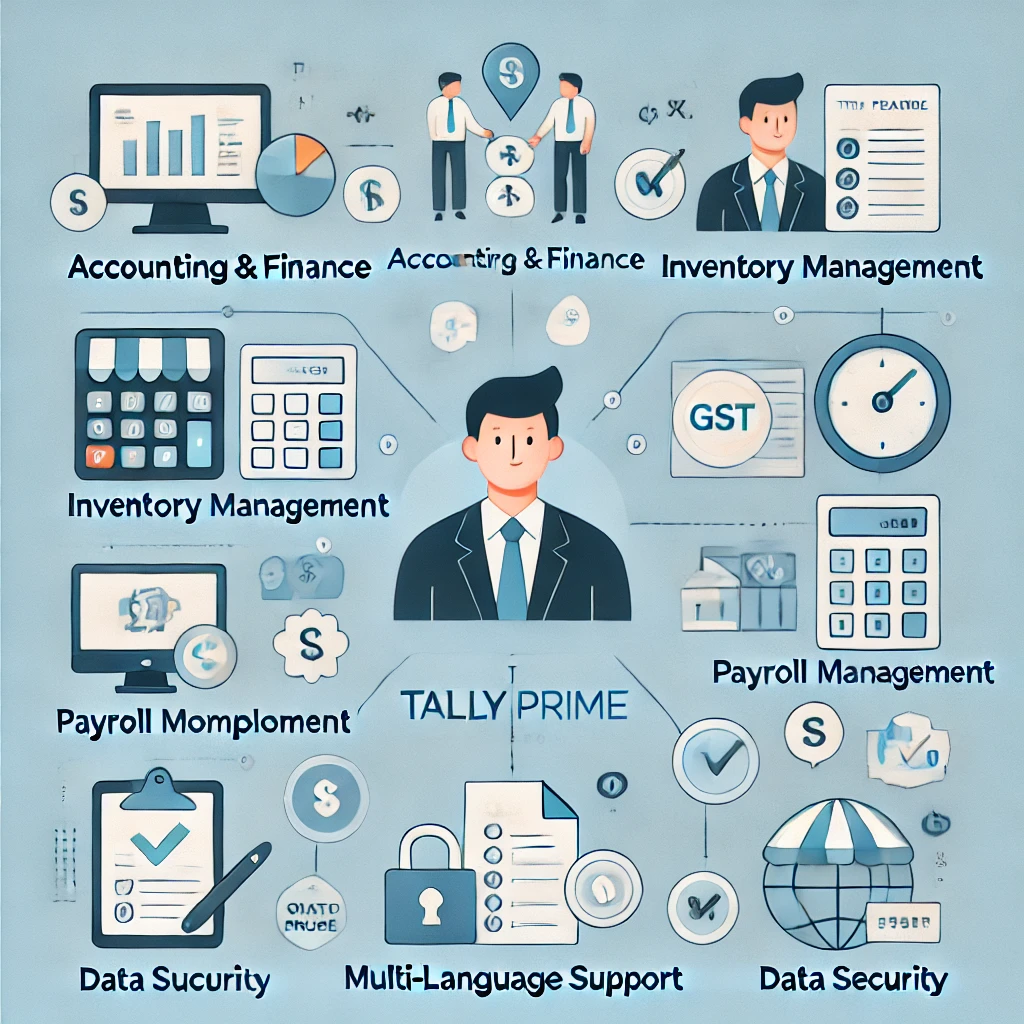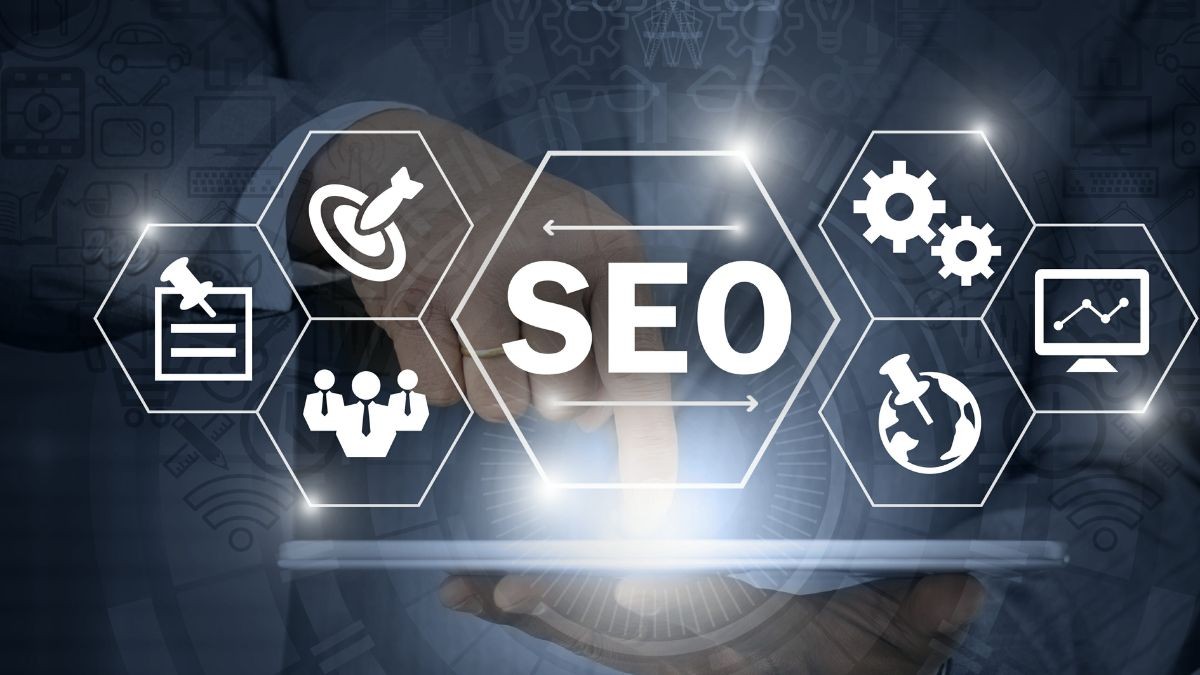Is Selling On Shopify Worth It? A Detailed Analysis For 2025
Is selling on Shopify worth it? Uncover essential insights, pros and cons, and user experiences to help you decide if Shopify is the right platform for you.

Jan 04, 2025
In the bustling world of e-commerce, choosing the right platform is crucial for success. With over 5.4 million merchants and more than $1 trillion in sales facilitated, Shopify has emerged as a leading choice for online retailers.
But is it worth your investment? This article delves into the pros and cons of Shopify, analyzing its features, pricing, and overall value for various business needs.
1. Overview Of Shopify
Background And Development
Shopify was founded in 2006 by Tobias Lütke, Daniel Weinand, and Scott Lake, who initially aimed to create a seamless solution for selling snowboards online.
Over the years, Shopify has evolved into a comprehensive e-commerce platform, serving businesses of all sizes from small startups to large enterprises.
Shopify has become a dominant player in the e-commerce space, primarily due to its ability to simplify the process of setting up and managing an online store.
It operates as a Software as a Service (SaaS) solution, allowing users to build and customize their storefronts without extensive technical knowledge.
2. How Shopify Works
Shopify operates as a hosted solution, meaning all technical aspects, such as hosting, security, and software updates, are handled by the platform itself. Users can easily build and manage their online stores via a web browser, offering convenience and flexibility.
Once registered, users can select a plan, choose a domain, and begin customizing their storefront. Shopify provides various templates, themes, and design tools, enabling users to create a unique online presence.
The platform also supports multiple payment gateways, making it easy for merchants to accept payments from customers worldwide.
See Also: Navigating Key Performance Indicators For Shopify Success
3. Key Features Of Shopify
User-Friendly Interface
Shopify is designed with an intuitive interface, making it easy for newcomers to navigate. The dashboard provides an overview of sales, orders, and inventory, allowing users to manage their stores effectively.
Drag-and-Drop Functionality: One of Shopify’s standout features is its drag-and-drop interface. This functionality allows users to easily customize their store layout without needing coding skills.
Users can add or remove elements, rearrange sections, and adjust styling with minimal effort. This feature is particularly beneficial for small business owners who may not have access to professional web development resources.
Customizable Templates: Shopify provides a wide array of customizable templates, which are professionally designed to cater to various industries. Users can choose from free and paid themes, each optimized for mobile devices and e-commerce best practices.
The customization options allow users to tailor their store’s look and feel to match their brand’s identity effortlessly.
4. App Marketplace
Shopify’s App Marketplace boasts over 8,000 apps, providing solutions for marketing, inventory management, customer engagement, and more.
This extensive selection enables merchants to enhance their stores' functionality based on specific business needs.
Notable Apps Include:
- SEO Manager: Helps improve search visibility through keyword optimization and meta tags.
- Tidio Live Chat: Offers real-time customer support, increasing engagement and conversion rates.
- Bold Upsell: Facilitates upselling strategiesto boost average order value.
Scalability
Shopify is built to support growth, making it an ideal choice for businesses with expansion plans. Its infrastructure can handle high traffic, ensuring reliability during peak sales periods, such as holidays or product launches.
Shopify PlusFor larger enterprises, Shopify Plus offers enhanced features designed for high-volume businesses. This enterprise-level plan provides additional capabilities, including:
- Dedicated Support: Access to a dedicated account manager and priority support services.
- Custom Checkout Experience: The ability to create a unique checkout process tailored to specific customer needs.
- Advanced Security Features: Enhanced security measures, including advanced fraud detection and data protection.
5. Payment Solutions
Shopify Payments simplifies transaction management by integrating payment processing with essential business tools, such as accounting and customer relationship management (CRM) software.
This integration ensures that payments and invoices are automatically linked, reducing manual entry errors and increasing efficiency.
Diverse Payment Methods: Shopify supports a range of payment options, including credit cards, digital wallets, and buy-now-pay-later services. This flexibility caters to the varied preferences of a global customer base.
Shopify accepts over 130 currencies, which is crucial for enhancing the customer experience in e-commerce transactions.
Security and Compliance: Shopify Payments is PCI DSS compliant, ensuring a high level of security for transactions. This compliance extends to merchants, providing a secure environment for customer data and reducing the risk associated with data breaches.
Shop Pay, Shopify’s one-click checkout solution, significantly speeds up the purchasing process, further enhancing the user experience.
Inventory Management
Shopify excels in tracking inventory across multiple locations, accommodating up to 1,000 different warehouses or stores. This extensive reach is crucial for accurate fulfillment and reducing instances of stockouts.
6. Key Features Of Inventory Management Include:
- Real-Time Tracking: Merchants can monitor stock levels in real-time, ensuring they can respond quickly to changes in demand.
- Streamlined Procurement: Shopify provides built-in tools for creating and managing purchase orders, enhancing efficiency in tracking incoming inventory from suppliers.
- Inventory Audits: The platform enables seamless inventory audits and adjustments, which are essential for maintaining accurate stock levels and managing slow-moving inventory.
You Might Like: 5 Shopify Store Examples To Inspire Your Ecommerce Strategy
Hosting And Security
Shopify offers reliable hosting with unlimited bandwidth, ensuring that online stores remain accessible at all times.
This capability is vital for handling increasing traffic without worrying about bandwidth limitations.
Enhanced Security Framework: Shopify provides a comprehensive security approach, encompassing SSL encryption, two-factor authentication, and an alert system for unauthorized access.
Merchants can operate their online stores with confidence, knowing their data and customer information are secure.
Multi-Channel Selling
With integration options for various platforms, including social media and online marketplaces, Shopify allows merchants to reach a broader audience. This capability is complemented by unified inventory management across all channels, enabling effective tracking and sales strategies.
Key Benefits of Multi-Channel Selling:
- Increased Reach: Merchants can expand their customer base by selling on multiple platforms, including Facebook, Instagram, and Amazon.
- Consistent Brand Experience: Shopify provides tools to ensure a unified brand experience across all selling channels, maintaining brand consistency.
7. Pricing Plans
Shopify offers various pricing plans tailored to different business needs. Understanding the features and costs associated with each plan is crucial for selecting the right option.
Pricing Breakdown
- Basic Shopify: $29 per month
- Shopify Plan: $105 per month
- Advanced Shopify: $399 per month
Choosing the Right Plan: The Basic and regular Shopify plans are ideal for small to medium-sized businesses needing essential e-commerce features. The Advanced plan suits larger businesses with higher sales volumes, requiring detailed analytics and lower transaction fees.
Shopify Plus is best for enterprise-level businesses needing extensive customization and advanced features.
8. Pros And Cons Of Shopify
Pros
- User-Friendly: The intuitive design simplifies onboarding, making it accessible for users with limited technical skills.
- Extensive App Marketplace: Access to numerous integrations and functionalities enables merchants to customize their stores easily.
- Robust Scalability: Supports high traffic and growth, allowing businesses to expand without switching platforms.
- Secure Payment Solutions: Built-in fraud protection and PCI compliance ensure a safe transaction environment for customers.
- Efficient Inventory Management: Advanced tracking and reporting tools aid in maintaining optimal stock levels.
Cons
- Transaction Fees: Fees apply for using external payment gateways, which can increase overall costs.
- Limited Customization: Compared to open-source platforms like Magento, Shopify offers less flexibility in design and functionality.
- Reliance on Apps: Many advanced features require third-party apps, which can lead to additional costs and integration challenges.
- Basic Blogging Capabilities: Shopify’s blogging tools are limited compared to dedicated content management systems like WordPress.
9. SEO Capabilities
Built-in SEO Tools
Shopify offers essential SEO features, including meta titles, descriptions, and alt text for images. However, the URL structure customization is more rigid compared to platforms like WordPress, and its blogging tools are basic, which may limit content marketing strategies.
Areas For Improvement
- Basic URL Structure Customization: Shopify’s URL structure, particularly for product pages and collections, is less flexible. This limitation can impact SEO, as businesses have less control over URL customization.
- Limited Blogging Capabilities: The lack of advanced blogging features, such as in-depth SEO plugins and customization, may hinder content-driven eCommerce SEO strategies.
- Control Over Robots.txt File: Shopify does not allow full control over the robots.txt file, limiting the ability to guide search engines on how to crawl and index the site.
10. Customer Support And Resources
Support Options
Shopify provides multiple support channels, including live chat, email support, and a comprehensive help center. While many users praise the ease of use, some express frustration with the removal of phone support and response times.
Community and Resources: In addition to direct support, Shopify offers an extensive library of resources, including tutorials, guides, and forums where users can share experiences and solutions. This community aspect can be invaluable for new users navigating the platform.
Real-Life Examples
Successful Shopify Users
Several well-known brands have successfully utilized Shopify to scale their businesses:
- Bombas: This sock company leveraged Shopify’s scalability during growth phases, leading to rapid sales increases. Their unique marketing strategies and product offerings demonstrate how Shopify can support diverse business models.
- Gymshark: Utilizing Shopify’s robust features, Gymshark effectively handled high-traffic events like product launches, showcasing the platform’s reliability and performance under pressure.
FAQs About Is Selling On Shopify Worth It?
Can I Sell Digital Products On Shopify?
Yes, Shopify supports digital product sales through its Digital Downloads app, allowing you to sell e-books, music, and more.
How Does Shopify Handle International Selling?
Shopify enables you to sell in multiple currencies and offers tools for managing global sales, including shipping options and currency conversion.
What Are Some Alternatives To Shopify?
Depending on your needs, alternatives include WooCommerce for WordPress users, BigCommerce for larger catalogs, or Wix for more straightforward website building.
How Can I Enhance My Shopify Store’s SEO?
Utilize SEO apps available in the Shopify App Marketplace, focus on optimizing your product descriptions, and create a blog to drive traffic through valuable content.
Conclusion
Shopify is a powerful e-commerce platform that caters to a wide range of business needs. Its user-friendly interface, extensive app marketplace, and robust features make it an excellent choice for many online retailers.
Potential users should consider the associated costs, limitations, and specific business requirements before committing.Whether you are a small startup or an established enterprise, understanding Shopify’s strengths and weaknesses will help you make an informed decision.
Read Also: Shopify Blogging For SEO: Creating Content That Ranks And Converts







